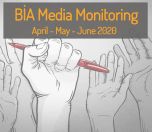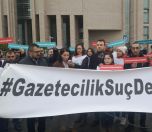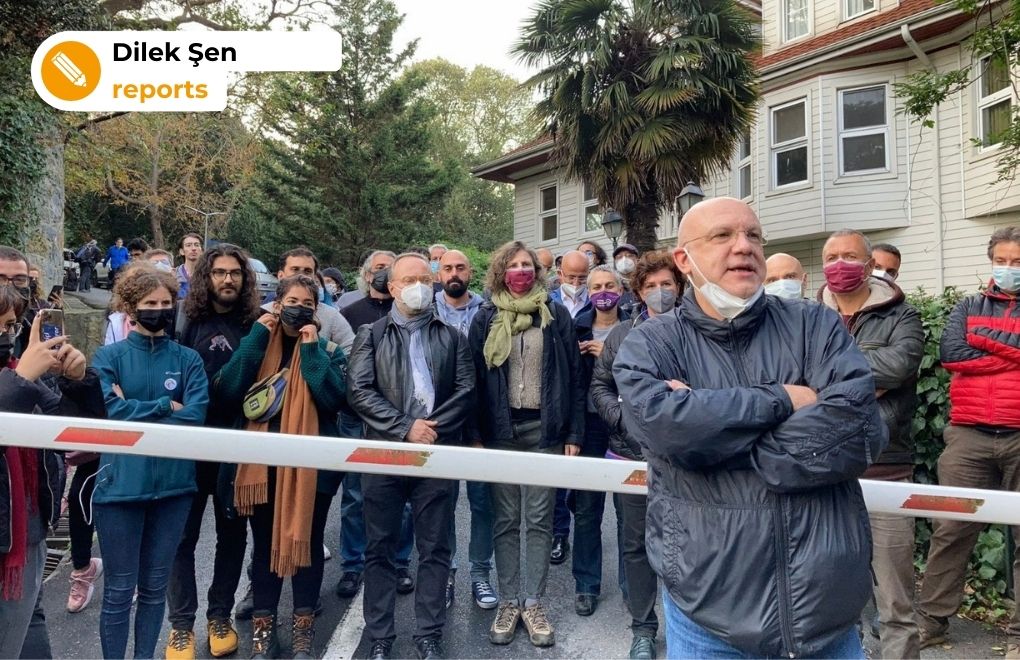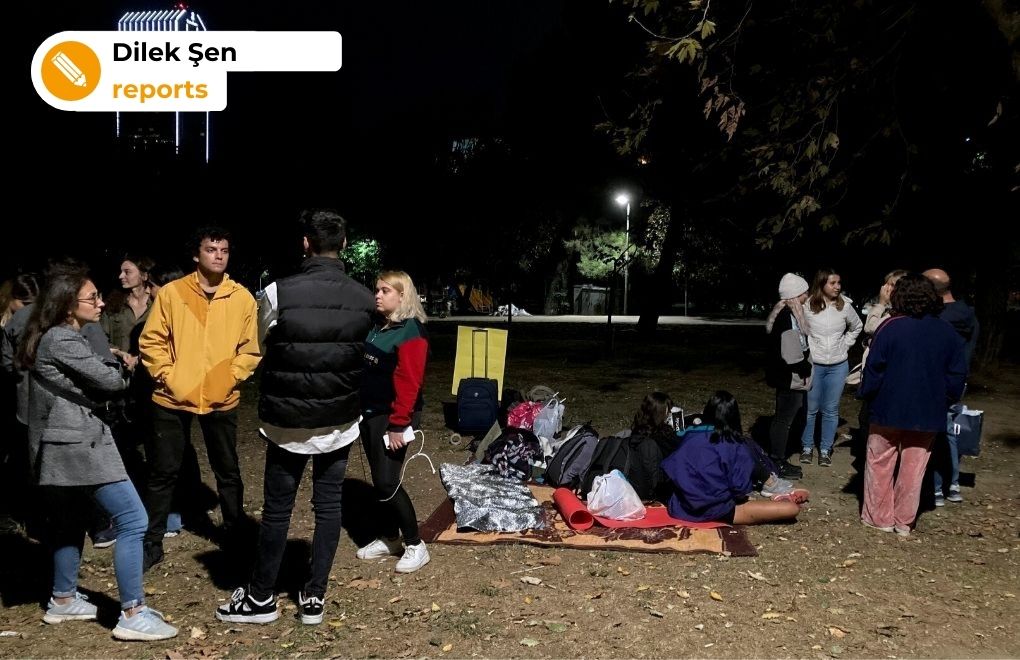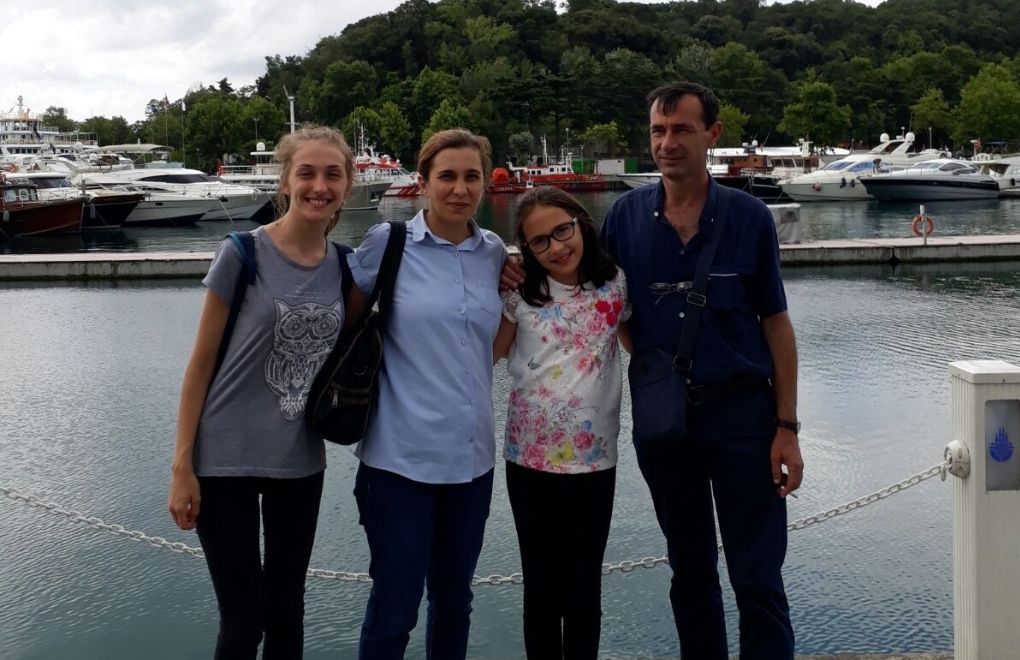Click to read the article in Turkish / Kurdish
bianet has been monitoring and reporting violations of freedom of expression in Turkey since 2001. Since then, Reporters Without Border (RSF) Representative to Turkey Erol Önderoğlu has also been both a witness and a chronicler of these violations over the years.
We have spoken with Önderoğlu about the past 20 years of Turkey, which has not made even a single progress in terms of freedom of expression.
"If journalism still survives in an extraordinary period today and if fundamental values of human rights are not abandoned, we definitely owe it to journalists. But we need to remember that there is a very wide democratic mass organization of human rights defenders and lawyers in the background," says Erol Önderoğlu.
An endeavour for 20 years
It is now his turn to speak. "We should not underestimate our power" in the face of pressure, Önderoğlu says and continues as follows:
"We put the bianet Media Monitoring Reports in practice in the first years when the IPS Communication Foundation started the bianet project.
"I say, 'We put it into practice' because there are relationships that emerged after communications lawyer Fikret İlkiz's contributions to our local seminars for at least six years.
"This is a project that Nadire Mater and Ertuğrul Kürkçü started. In line with the purpose of the project, our relations with local newspapers in Turkey were already pretty good in first years.
"So, when I was contributing to this by myself in the office, I felt the need to communicate with local journalists.
"In our first report that covers 2001, there are contacts with 142 local journalists and media organizations. Various types of pressure that local journalists experienced at the time such as attacks, trials, censorship, broadcast suspension were included in these reports.
'Spirit of reform' from yesterday to today
"There were some signs in the past indicating that Recep Tayyip Erdoğan was, in fact, not really in the spirit of reform.
"For instance, in 2004, he visited an old people's home in Karabük. He had a speech where he scolded the reporter of Vatan newspaper who asked him a question.
"These showed us that Erdoğan could introduce a reform in upcoming years, but he should himself hold the values of this reform. There were problems in the first place.
"I suppose that the leaders of the time did not have the values of pluralistic society and tolerance to criticism, either. They should also not be sought in today's leaders much.
CLICK - BİA Media Monitoring Reports
Impunity for perpetrators is 'sad'
"Today, we still have to follow the murder cases of several journalists from the 1990s. I think that it indeed deserves a 'boo'.
"The trial of some of the murderers of Uğur Mumcu and Ahmet Taner Kışlalı still continues today.
"Just as it was praiseworthy that the murder of Musa Anter turned into a lawsuit during the peace process as a gesture of good will, it is now equally sad that this trial is still ongoing today.
Authoritarian system
"Societies based more on authoritarian structures are dangerous for everyone. Not only do they send a journalist to prison or leave the journalist as a defendant for years, but they also make citizens ask themselves 'Why do I buy this newspaper?' when they go to the kiosk.
"After social polarization is kindled to such an extent, you see that various models of journalism come up against each other.
"While some claim that journalism is a profession when it serves the missions of patriotism, another model of journalism, standing against it, thinks that journalism is not done against political systems or to support them, but to contribute to the citizens' right to information."
* BİA Media Monitoring Reports are published within the framework of the projects implemented with Swedish International Development Agency (SIDA) and Heinrich Böll Stiftung Association. The contents of the reports and this video are the sole responsibility of IPS Communication Foundation and under no circumstances be regarded as reflecting the position of Swedish International development Agency (SIDA) and Heinrich Böll Stiftung Association.
(DŞ/SD)





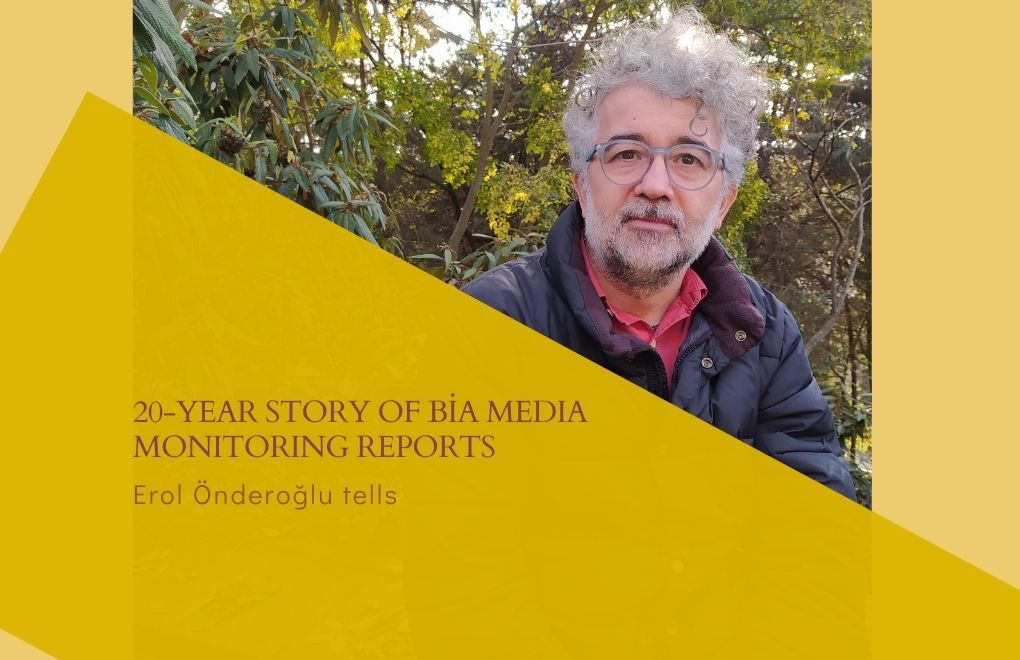
sasa.jpg)
